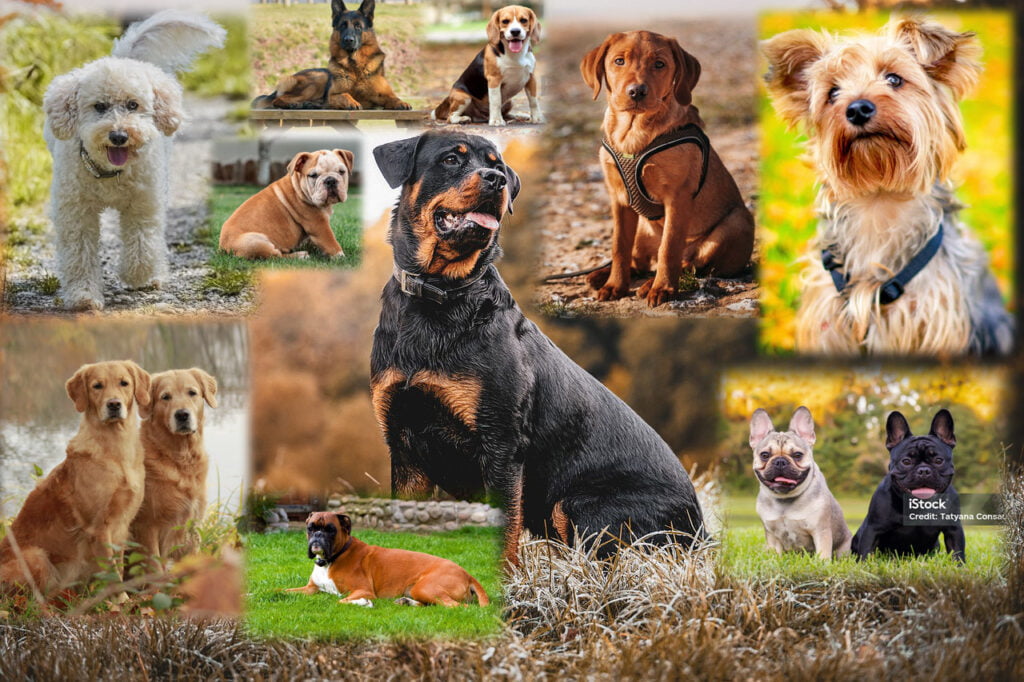Welcome to “Canine Companions: A Guide to Labrador Retrievers, German Shepherds, and Golden Retrievers, French Bulldog, Bulldog, Poodle, Beagle, Rottweiler, Yorkshire Terrier and Boxer.” In this concise guide, we explore essential aspects of training, grooming, and health for these beloved breeds. Whether you’re a new owner or a seasoned enthusiast, join us for expert insights and practical advice tailored to ensure a happy, healthy bond with your Labrador Retriever, German Shepherd, or Golden Retriever. Let’s uncover the keys to a fulfilling life for you and your canine companions.
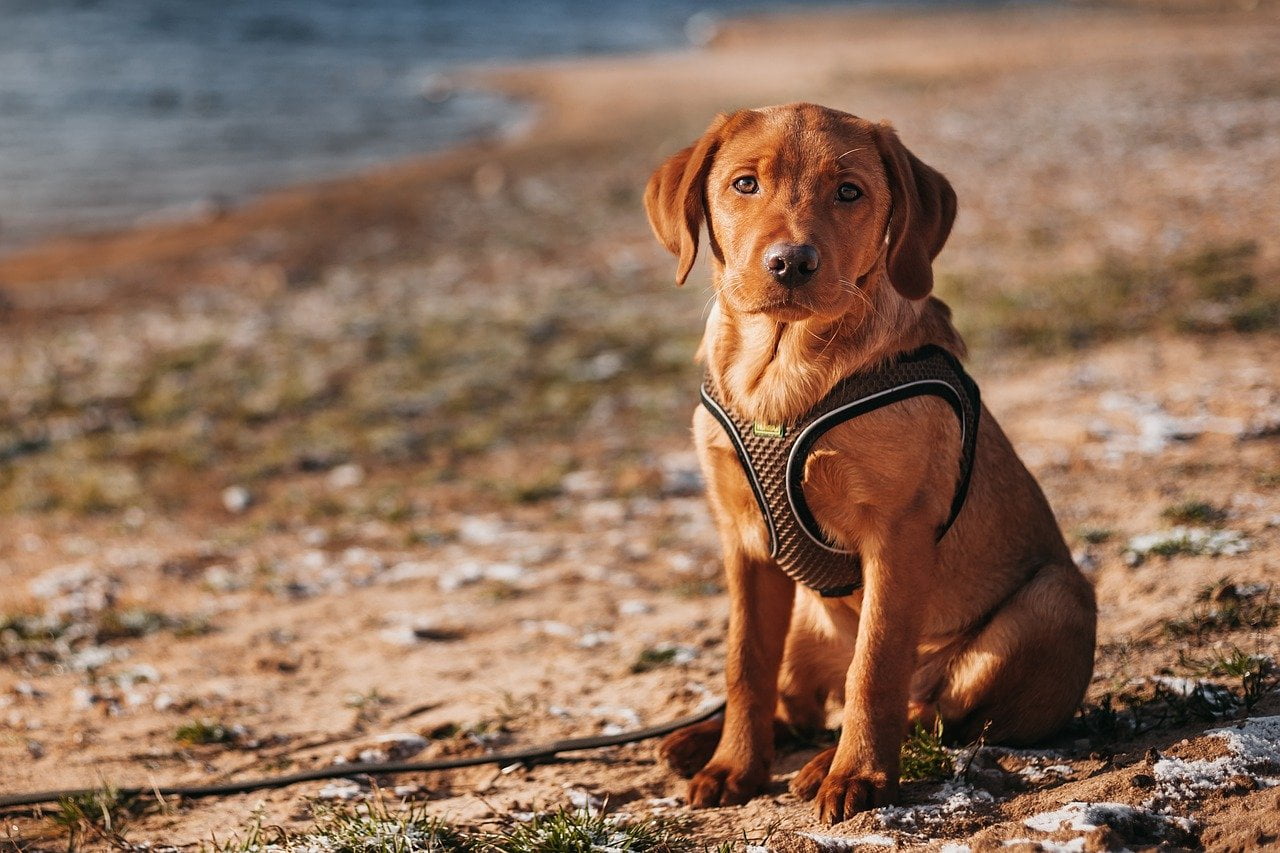
Canine Companions Guide: Labrador Retriever
How to train a Labrador Retriever?
Training a Labrador Retriever requires consistent effort and positive reinforcement. Begin early, as puppies are more receptive to learning. Use treats, praise, and toys as rewards for good behavior. Focus on basic commands like sit, stay, and come, gradually progressing to more advanced commands. Engage in regular training sessions to keep their minds active. Labrador Retrievers thrive on social interaction, so involve them in various activities and expose them to different environments. Patience and consistency are key to a well-trained Labrador Retriever.
How to groom a Labrador Retriever’s coat?
Grooming is crucial for maintaining a Labrador Retriever’s coat. Regular brushing, at least once a week, helps control shedding and keeps the coat healthy. To avoid matting, use a slicker brush to remove any stray hair. Bathe them when necessary, but avoid overdoing it to preserve the natural oils in their skin. Pay attention to ears, teeth, and nails, conducting regular checks to ensure overall hygiene. Professional grooming services can be beneficial, especially during heavy shedding seasons, to keep their coat in optimal condition.
How to deal with Labrador Retriever shedding?
Labrador Retrievers are known for shedding, and managing it requires a proactive approach. Regular brushing, ideally a few times a week, helps remove loose hair and reduces shedding. Ensure they receive a balanced diet rich in omega-3 fatty acids, promoting healthy skin and coat. During shedding seasons, consider more frequent brushing to manage increased hair loss. If shedding becomes excessive or irregular, consult a veterinarian to rule out any underlying health issues. Keeping up with grooming routines is essential to keep your Labrador Retriever’s coat in good condition.
German Shepherd:
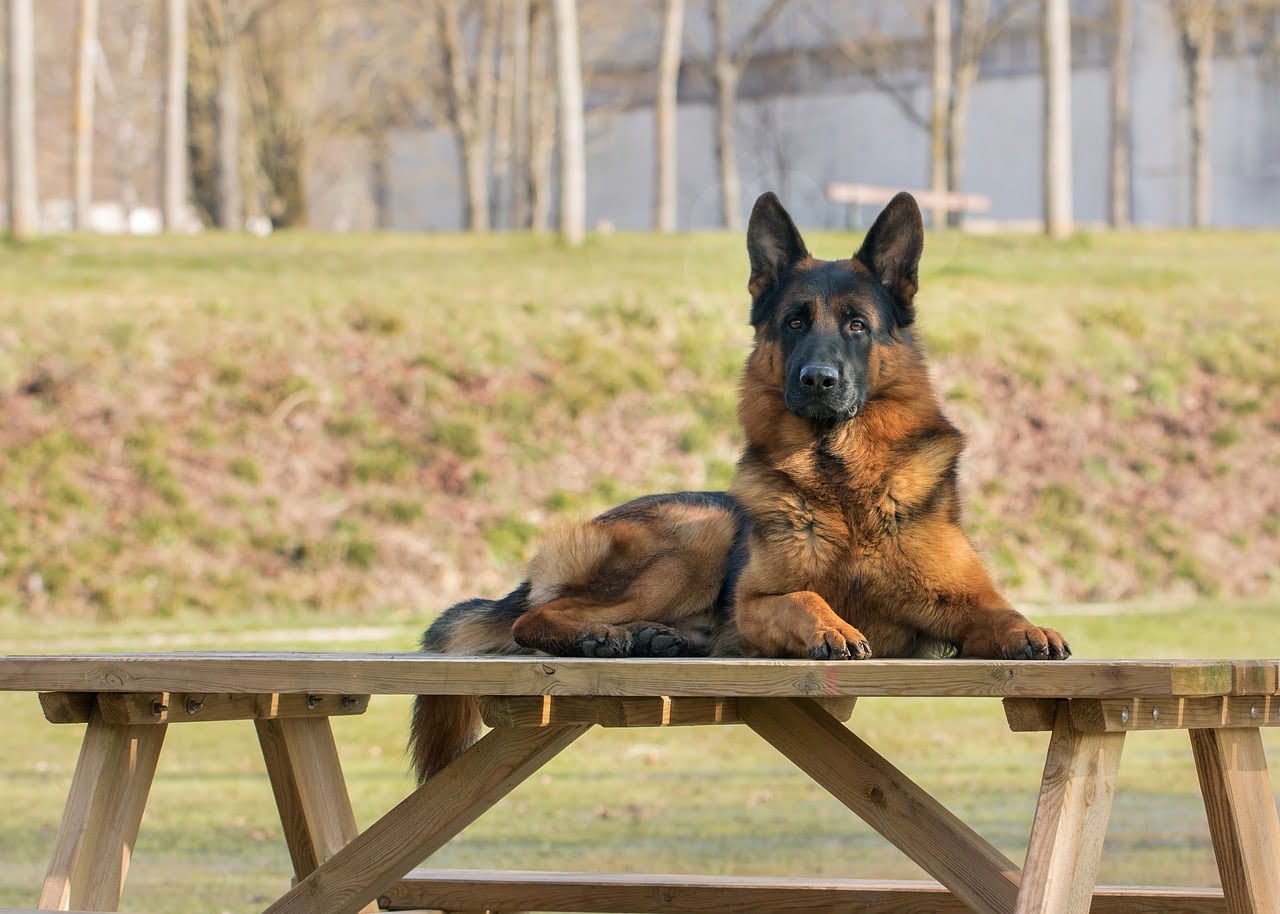
How to socialize a German Shepherd puppy?
Socializing a German Shepherd puppy is a gradual process that requires exposure to various people, places, and other animals. Start early, introducing those to different environments and situations. Use positive reinforcement, such as treats and praise, during social interactions to create positive associations. Increase the complexity of social situations gradually, ensuring the puppy remains comfortable. Regular outings, puppy classes, and playdates with other well-behaved dogs contribute to a well-socialized German Shepherd. Consistency, positive reinforcement, and patience are essential for successful socialization.
How can one instruct a German Shepherd in fundamental commands?
Teaching basic commands to a German Shepherd involves consistent training and positive reinforcement. Commence with basic instructions such as sit, remain, and come. Use treats and praise as rewards for obedience, reinforcing the desired behavior. Training sessions should be short, engaging, and conducted in different environments to generalize commands. As the German Shepherd progresses, introduce more complex commands and tasks. Consistency in commands, tone, and rewards helps in effective training. Enroll in obedience classes if needed to refine their skills further.
How to care for a German Shepherd’s health?
Maintaining a German Shepherd’s health requires regular veterinary check-ups, vaccinations, and a balanced diet. Schedule routine vet visits to monitor their overall health and address any concerns promptly. Provide a well-balanced diet tailored to their specific nutritional needs, considering factors like age and activity level. German Shepherds are prone to hip dysplasia, so monitor for signs and discuss preventive measures with your vet. Regular exercise is crucial to their well-being, promoting mental and physical health. Attention to these aspects contributes to a healthy and happy German Shepherd.
Golden Retriever:

How to groom a Golden Retriever’s long coat?
Grooming a Golden Retriever with a long coat requires regular maintenance to keep it in optimal condition. Daily brushing is essential to prevent matting and remove loose hair. Use a slicker brush and comb to detangle and maintain the coat’s natural shine. Regular baths are necessary, and thorough drying afterward prevents skin issues. Pay special attention to ears and paws during grooming, checking for any signs of infection or discomfort. Professional grooming services can be beneficial, especially for those new to managing a long-haired Golden Retriever.
How to prevent obesity in a Golden Retriever?
Preventing obesity in a Golden Retriever involves a combination of a balanced diet, regular exercise, and mindful feeding practices. Provide a high-quality dog food suitable for their age and activity level. Monitor portion sizes and avoid overfeeding, adjusting the diet as needed. Regular exercise, including daily walks and playtime, helps maintain a healthy weight and promotes overall well-being. Limit treats and avoid feeding them human food. If concerns about weight arise, consult with a veterinarian for personalized dietary and exercise recommendations.
How to train a Golden Retriever for agility?
Training a Golden Retriever for agility requires patience, consistency, and positive reinforcement. To lay a solid basis, begin with basic obedience training. Introduce them to agility equipment gradually, allowing them to become comfortable with each element. Use treats and praise to reward successful completion of agility tasks. Make training sessions fun and engaging to keep the Golden Retriever motivated. As they progress, increase the complexity of the agility course. Participating in agility classes or events can enhance their skills and provide a rewarding experience for both the owner and the dog.
French Bulldog:
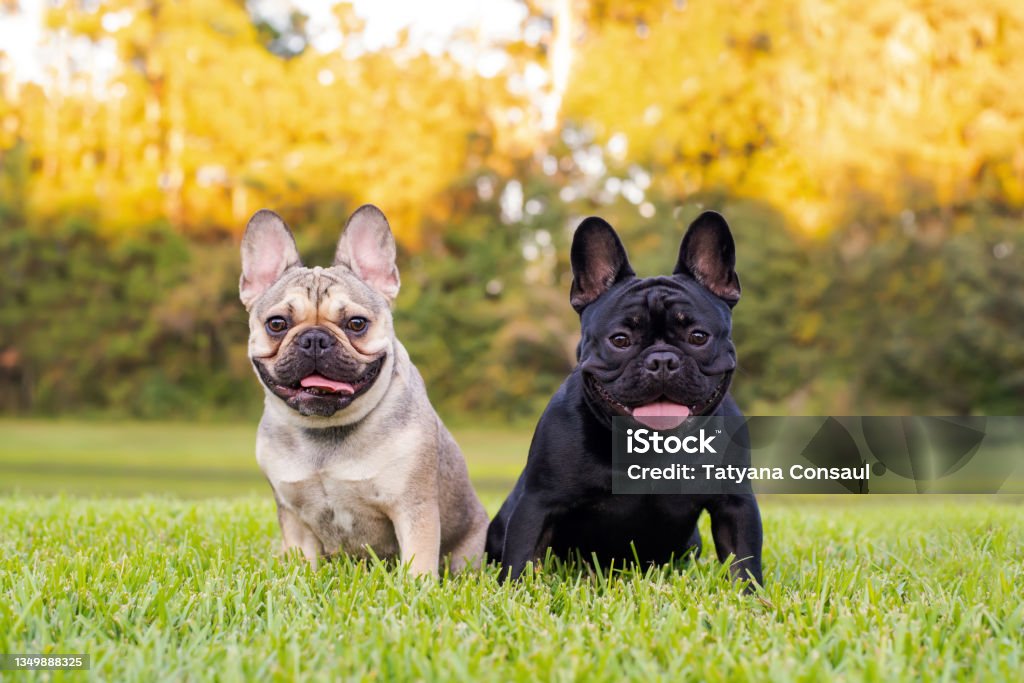
How to care for a French Bulldog’s sensitive skin?
- Use a gentle, hypoallergenic shampoo: Opt for a shampoo designed for sensitive skin to avoid irritation.
- Regularly clean and dry skin folds to prevent irritation: Clean between skin folds, especially around the face, to prevent moisture-related skin issues.
- Consult a vet for skincare recommendations: Seek professional advice for specific skincare products or routines tailored to your French Bulldog’s skin needs.
How to train a French Bulldog to stop excessive barking?
- Identify and address the root cause of barking: Understand if it’s due to boredom, anxiety, or territorial behavior.
- Use positive reinforcement to reward quiet behavior: Praise and treat your Frenchie when they exhibit calm behavior.
- Provide mental stimulation to prevent boredom: Engage them with toys or puzzles to keep their minds occupied and reduce unnecessary barking.
How to choose the right diet for a French Bulldog?
- Feed a high-quality, balanced dog food: Look for a reputable brand with ingredients suitable for their nutritional needs.
- Monitor for food allergies or sensitivities: Be observant of any adverse reactions and adjust their diet accordingly.
- Consult with a vet for breed-specific dietary advice: Seek professional guidance to ensure their diet aligns with French Bulldogs’ specific health requirements.
Bulldog:
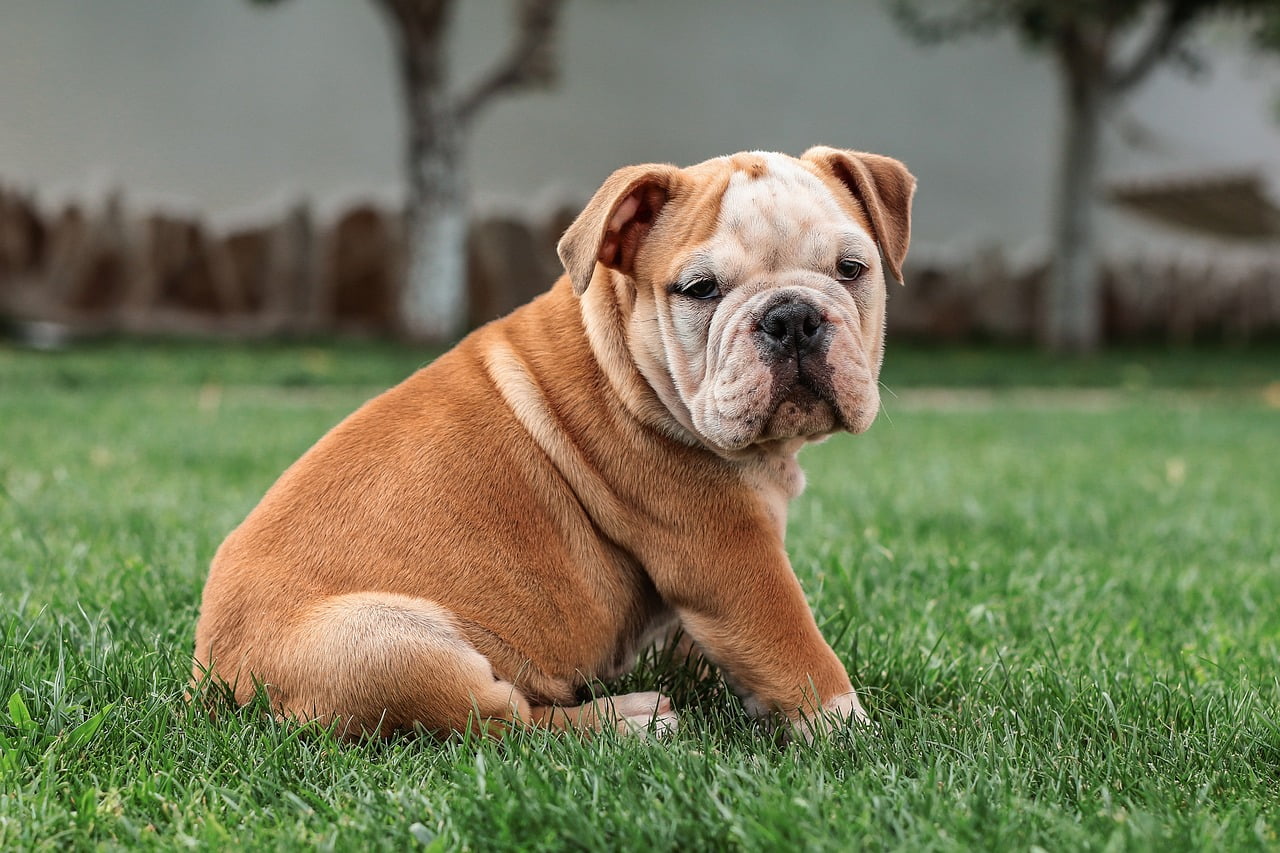
How to clean a Bulldog’s wrinkles?
- Gently clean wrinkles with a damp cloth: Use a soft cloth to clean between wrinkles, removing any accumulated dirt or moisture.
- Dry the wrinkles thoroughly to prevent infections: Ensure the skin folds are completely dry to prevent bacterial or fungal infections.
- Use vet-approved cleaning solutions if necessary: Consult your vet for safe and effective cleaning solutions suitable for Bulldogs’ skin.
How to train a Bulldog to walk on a leash?
- Start leash training early with positive reinforcement: Begin leash training during puppyhood using treats and positive reinforcement.
- Use a comfortable harness rather than a collar: A harness distributes pressure more evenly, reducing strain on the neck.
- Keep training sessions short and enjoyable: Bulldogs may have shorter attention spans, so make training sessions engaging and brief for better results.
How to address common health issues in Bulldogs?
- Regular vet check-ups to monitor respiratory and joint health: Bulldogs are prone to respiratory and joint issues; regular vet visits help catch and address problems early.
- Maintain a healthy weight to alleviate stress on joints: Control their diet and exercise to prevent excess weight, reducing strain on joints.
- Be aware of signs of overheating, especially in hot weather: Bulldogs can struggle in heat; watch for signs of overheating and provide a cool environment.
Poodle:
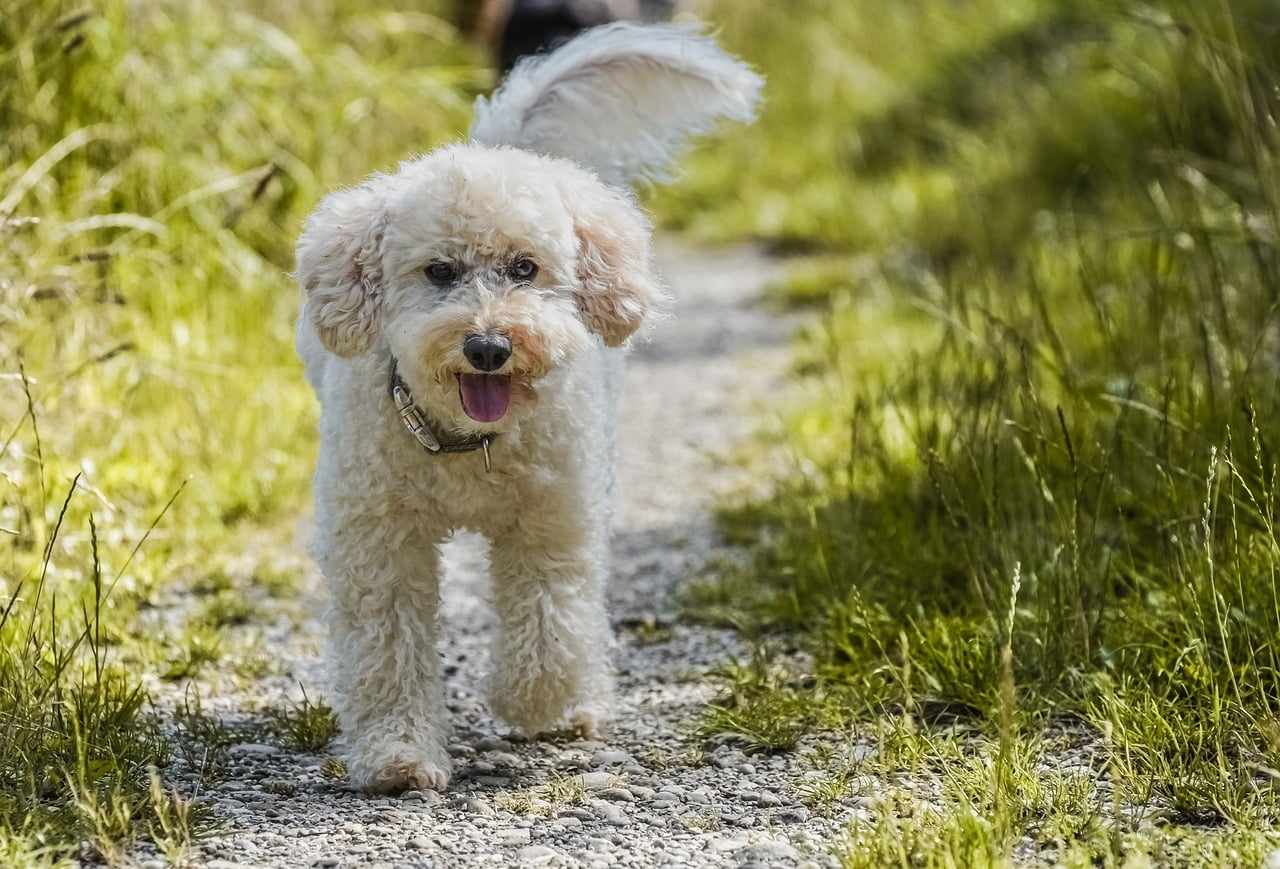
How to groom a Poodle in different styles?
- Regular professional grooming for intricate styles: Schedule regular visits to a professional groomer for complex cuts.
- Daily brushing to prevent matting in curly coats: Brushing prevents tangles and mats in their curly coat.
- Experiment with different clips for variety: Have fun trying various grooming styles to find what suits your Poodle and your preferences.
How to train a Poodle for obedience competitions?
- Use positive reinforcement and consistent training: Poodles respond well to positive reinforcement; consistency is key for obedience.
- Focus on precision and accuracy in commands: Obedience competitions require precise responses to commands.
- Gradually increase the complexity of obedience tasks: Challenge your Poodle with progressively more difficult tasks as they become more proficient.
How to prevent matting in a Poodle’s curly coat?
- Brush the coat daily, paying attention to tangles: Regular brushing prevents mats from forming.
- Use a detangling spray to make brushing easier: Spray a detangler to ease the brushing process, especially in areas prone to tangles.
- Consider regular professional grooming to maintain coat health: Professional groomers can ensure your Poodle’s coat is well-maintained and healthy.
Beagle:

How to train a Beagle to stop digging?
- Provide sufficient exercise to reduce excess energy: Beagles are energetic; regular exercise helps channel their energy positively.
- Use positive reinforcement to discourage digging: Reward good behavior and redirect attention when digging occurs.
- Create a designated digging area with loose soil: Give them an approved digging spot to satisfy their natural instincts.
How to manage a Beagle’s high energy levels?
- Engage in regular, vigorous exercise: Beagles thrive on activity, so include daily walks and play sessions.
- Provide mentally stimulating toys and games: Keep their minds active with toys that challenge them mentally.
- Consider activities like scent work to channel energy positively: Beagles have a strong sense of smell; engage them in scent-related activities for mental stimulation.
How to address separation anxiety in a Beagle?
- Gradually increase alone time during training: Gradual exposure to alone time helps them adapt.
- Provide toys or puzzles for mental stimulation: Toys that dispense treats can keep them occupied.
- Consult with a vet or professional trainer for guidance: Seek professional advice for severe cases of separation anxiety.
Rottweiler:
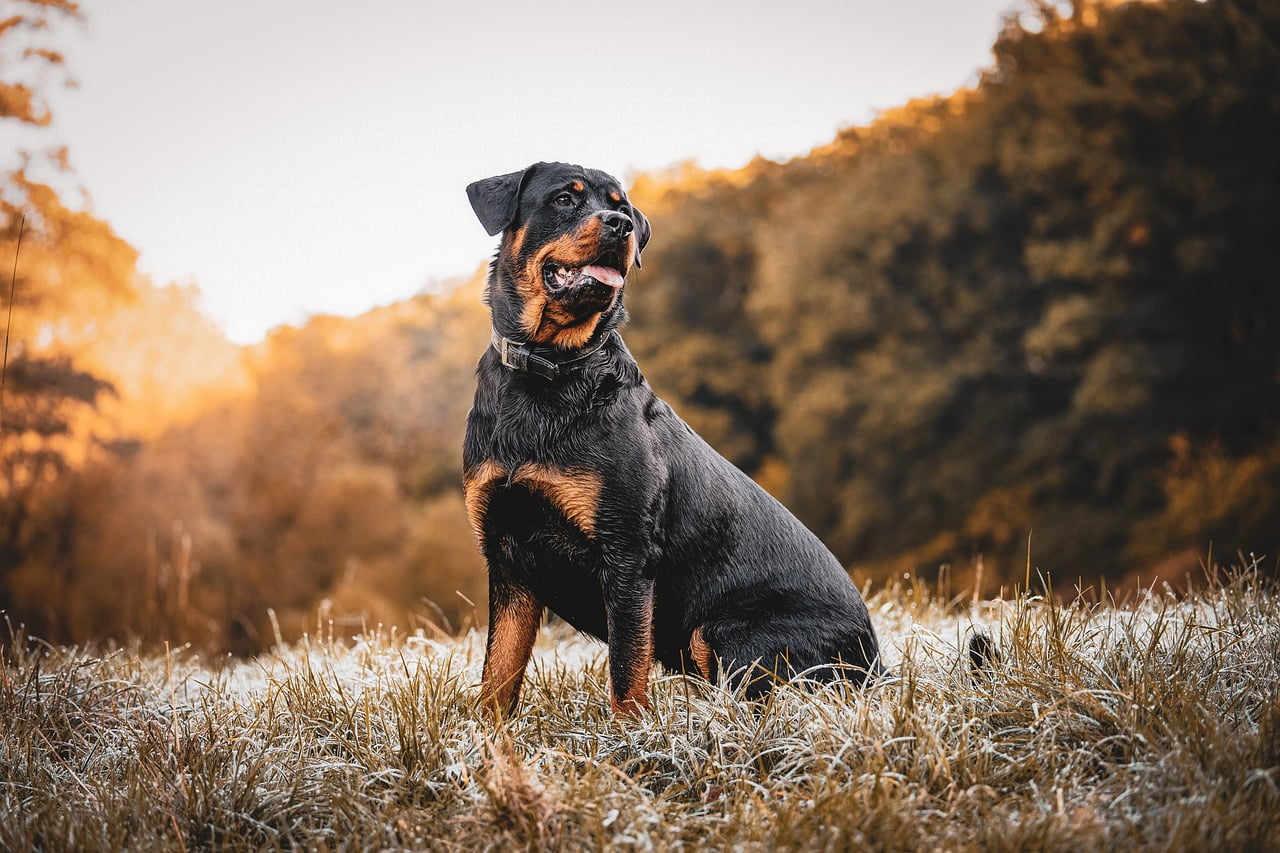
How to socialize a Rottweiler with other dogs?
- Start socialization early with controlled introductions: Early exposure helps Rottweilers become comfortable around other dogs.
- Use positive reinforcement to associate positive experiences: Reward good behavior during interactions with treats or praise.
- Monitor body language for signs of discomfort: Pay attention to their cues to ensure positive socialization experiences.
How to train a Rottweiler for protection?
- Enroll in professional protection training classes: Professional classes provide structured training for protection work.
- Focus on obedience commands and controlled aggression: A well-trained Rottweiler understands when protection is necessary.
- Consult with experienced trainers for guidance: Seek guidance from trainers experienced in working with protective breeds.
How to address aggression issues in a Rottweiler?
- Identify triggers and address them gradually: Understand what triggers aggressive behavior and address it gradually.
- Seek professional help for behavior modification: Consulting a professional behaviorist can be crucial for modifying aggressive tendencies.
- Provide mental stimulation and positive outlets for energy: Mental stimulation and positive outlets help channel their energy in a positive direction.
Yorkshire Terrier:
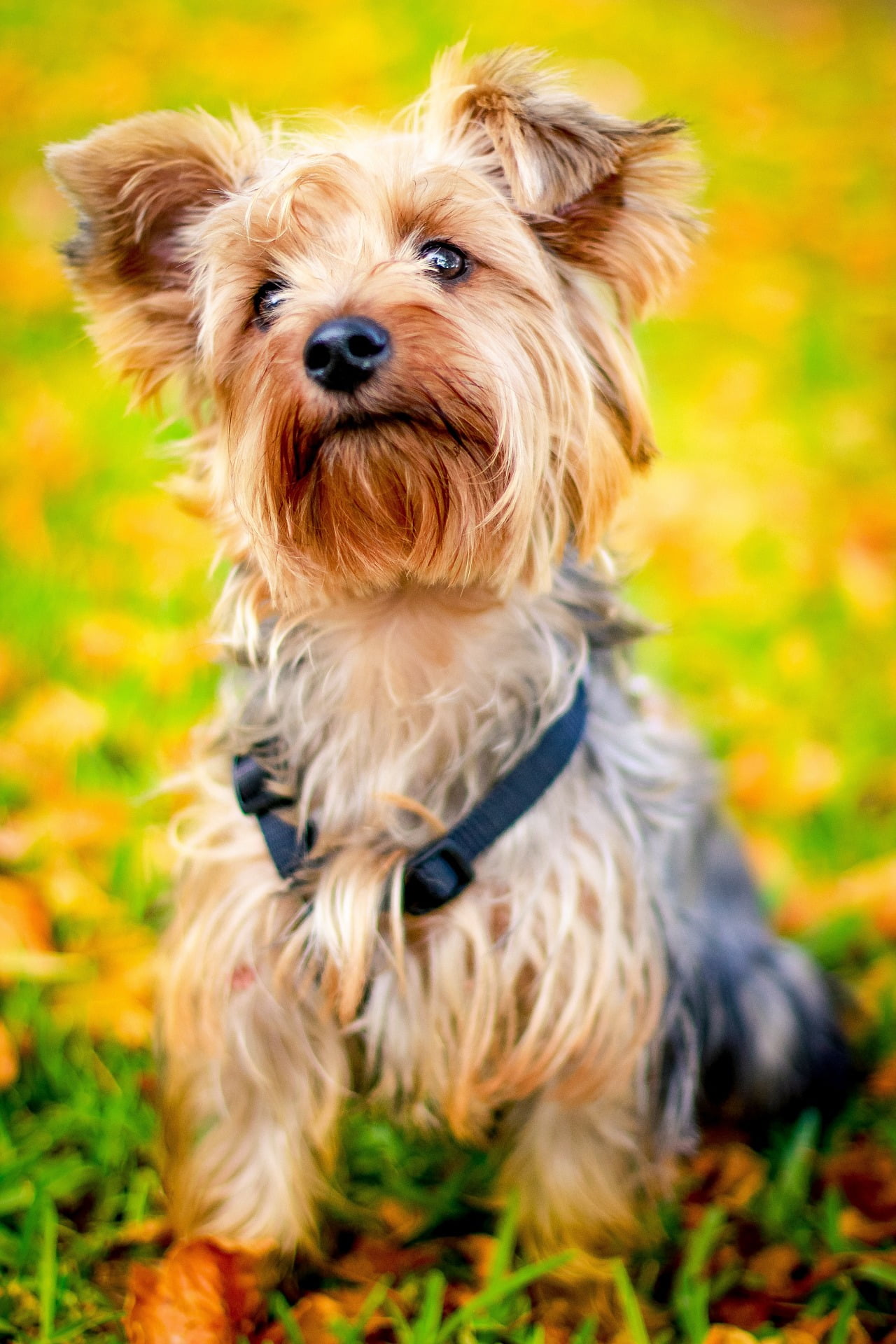
How to groom a Yorkshire Terrier’s long hair?
- Brush daily to prevent tangles and matting: Yorkshire Terriers’ long hair requires daily attention to prevent mats.
- Regular baths with a suitable dog shampoo: Use a dog-specific shampoo to maintain their coat’s health.
- Consider professional grooming for intricate styles: Regular visits to a professional groomer ensure a well-maintained coat.
How to train a Yorkshire Terrier to use a litter box?
- Use a small litter box with appropriate litter: Choose a litter box suitable for their size and introduce it gradually.
- Gradually introduce the concept with positive reinforcement: Reward them for using the litter box to create a positive association.
- Be consistent in cleaning and maintaining the litter box: Regular cleaning ensures a hygienic environment and encourages continued use.
How to deal with Yorkie’s separation anxiety?
- Gradually increase alone time with positive reinforcement: Gradual exposure to alone time, with positive reinforcement, helps them adapt.
- Provide comfort items like toys or blankets: Familiar items can provide comfort during periods of solitude.
- Consider crate training for a safe and secure space: A crate can serve as a safe haven, alleviating anxiety when alone.
Boxer:
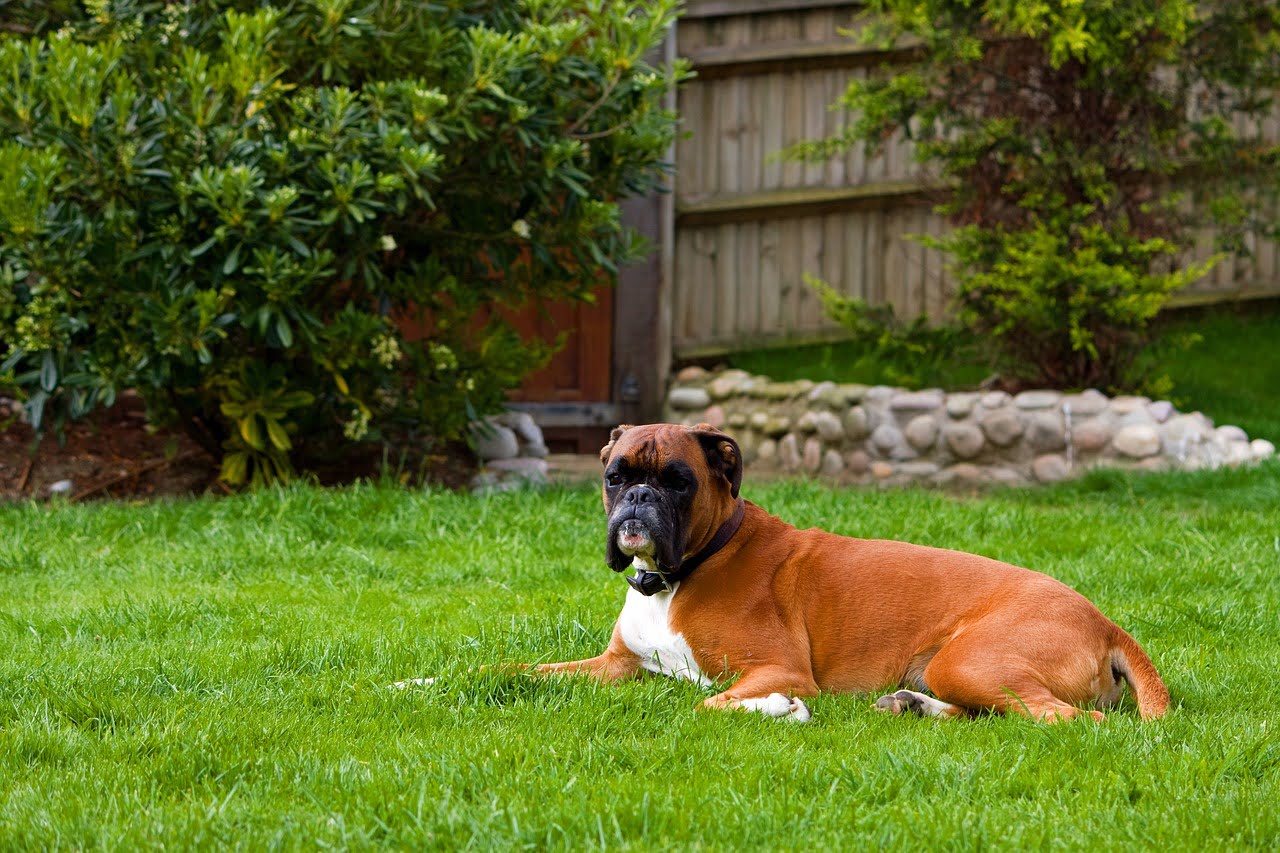
How to train a Boxer for agility and tricks?
- Start with basic obedience training: A solid obedience foundation is crucial for advanced tricks and agility.
- Introduce agility equipment gradually: Familiarize them with agility elements step by step.
- Use positive reinforcement and make training enjoyable: Keep training sessions positive and fun to motivate your Boxer.
How to address Boxer’s excessive drooling?
- Regularly wipe the mouth and check for dental issues: Keep their mouth clean and monitor for dental problems.
- Use a raised feeding bowl to minimize drooling: Elevated bowls can reduce drooling during meals.
- Monitor for signs of excessive drooling that may indicate health issues: Excessive drooling may signal health concerns; consult a vet if it persists.
How to provide enough exercise for a high-energy Boxer?
- Engage in daily, vigorous exercise routines: Boxers are high-energy; daily exercise is crucial.
- Provide mental stimulation through interactive toys: Toys that challenge them mentally complement physical exercise.
- Consider activities like agility or obedience training to channel energy positively: Structured activities like agility help channel their energy and provide mental stimulation.
